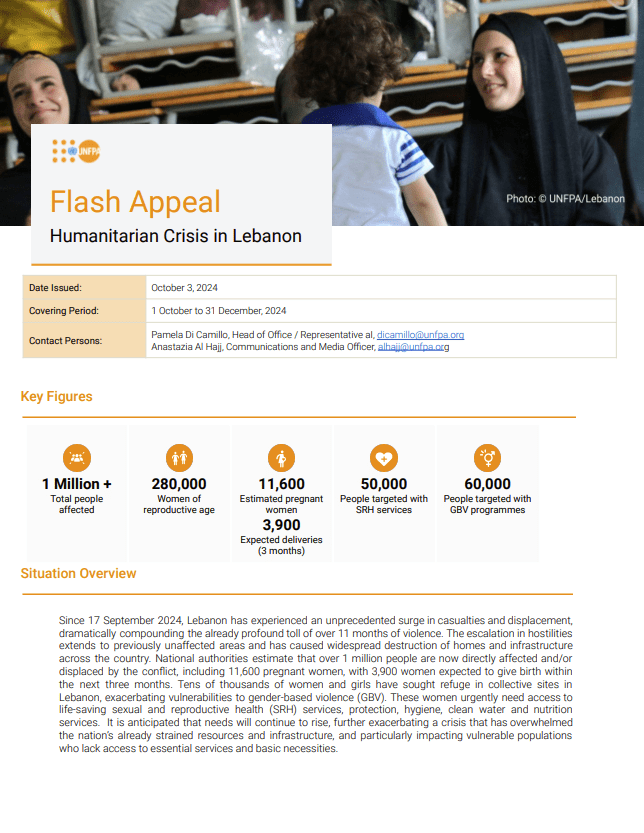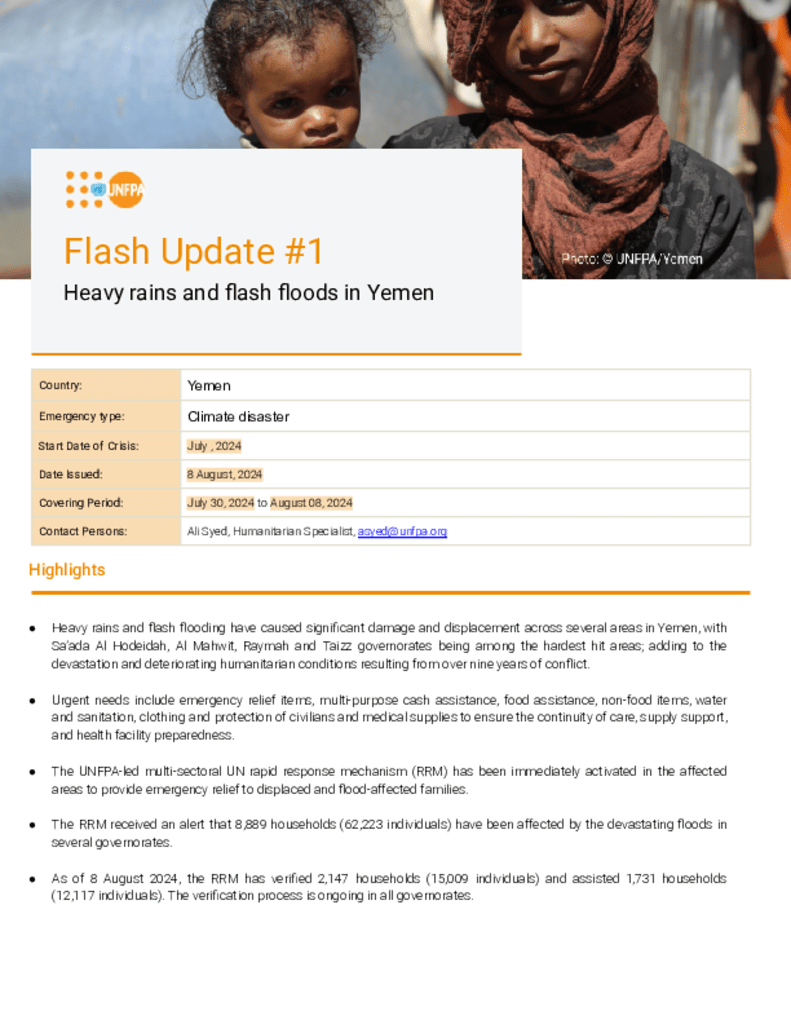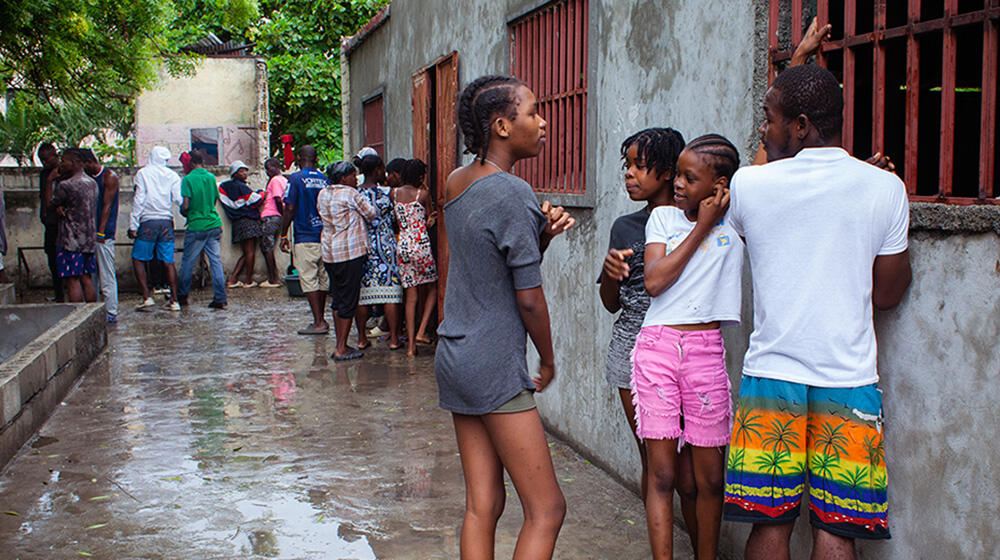
Since 17 September 2024, Lebanon has experienced a surge in casualties and displacement, worsening the impact of over 11 months of relentless violence. Hostilities have spread into previously unaffected areas, causing widespread destruction of homes and infrastructure. Over 1 million people are now displaced or directly affected, including 11,600 pregnant women, with 3,900 expected to give birth soon. Tens of thousands of women and girls have sought refuge in collective shelters, increasing their vulnerability to gender-based violence (GBV). These women urgently need access to life-saving sexual and reproductive health (SRH) services, protection, hygiene, and nutrition, further straining Lebanon’s already overwhelmed infrastructure.
Since 8 October 2023, around 1,600 people, including 104 children, have been killed, and over 9,000 injured—most in the past two weeks. As the violence intensifies, 177,000 Syrians and 63,000 Lebanese nationals have fled into Syria, further burdening a country already grappling with humanitarian needs. Lebanon's health system is under severe strain, with 11 attacks on healthcare facilities, 40 closures, and a shortage of healthcare workers. Hospitals are reaching capacity, and many healthcare providers have been displaced, especially in the South, Bekaa, and South Beirut.
UNFPA’s response focuses on expanding access to life-saving SRH and GBV services, including delivering the Minimum Initial Service Package (MISP) for Reproductive Health. UNFPA is working with government actors, community organizations, and NGOs to ensure service continuity and address financial barriers through cash and voucher assistance. Additionally, UNFPA is procuring critical SRH supplies, such as dignity kits, and refreshing the skills of healthcare and protection professionals to maintain the quality of services.
As part of the inter-agency Flash Appeal for Lebanon, launched on 1 October 2024, UNFPA is seeking $8.6 million, of which $5.5 million is needed for SRH services and $3.1 million for GBV prevention and response. These funds will enable UNFPA to support 1 million affected people, with a focus on women and girls. UNFPA has already mobilized internal funds through the Emergency Fund / Humanitarian Thematic Fund, and extends its gratitude to recent donors to its humanitarian response, including SIDA, CERF, Korea (KOICA), EU (ECHO), Japan, and France.




